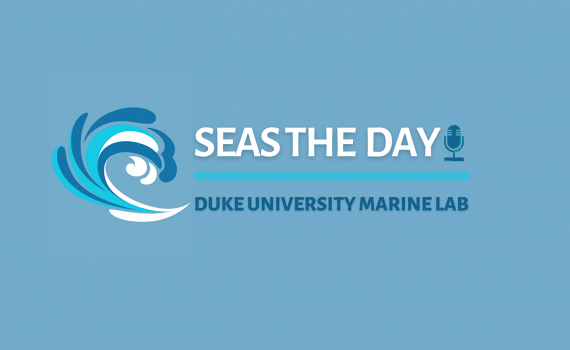In this episode, Emily Melvin and Katrina Rosing delve into the complexities of tourism in the Bahamas. The two discuss how tourism affects Bahamian identity and reflects colonial legacies even today. In exploring these issues, they interview Tarran Simms of the Bahamas Ministry of Tourism’s sustainability department. Tarran discusses his views of Bahamian identity, the interplay of that identity with tourism, and the emergence of new forms of tourism in the Bahamas.
Lisa Campbell, Ph.D.
On this episode Marissa Garcia, Uma Govindswamy, and Connor Johnston discuss the past, present, and future relationship between human beings and the endangered Southern Resident Killer Whale who inhabit the coastal waters of the Pacific Northwest.
Pavel and Tony explore the history of humpback white dolphins in Taiwan and assess the threat these small marine mammals are facing, particularly through fisheries interactions. They ask experts from the Wild at Heart, Legal Defense Association in Taiwan and Florida International University to weigh in on the magnitude and complexity of these issues and discuss ways we can all act to protect endangered species such as these charismatic dolphins.
Visuals of the Pacific Garbage Patch and sea turtles with straws up their noses have captured people's attention. We want to do our part to help solve the marine plastic pollution problem, but is it really fair for big corporations to place this burden on the consumer? What about the developed countries that export their plastic waste to developing nations for them to process and recycle? It seems the plastic problem is one big cycle of placing the blame on the next receiver in the supply chain. In this episode, Ali Boden and Cass Nieman explore the passers and receivers of the marine plastic burden and discuss current and future solutions.

